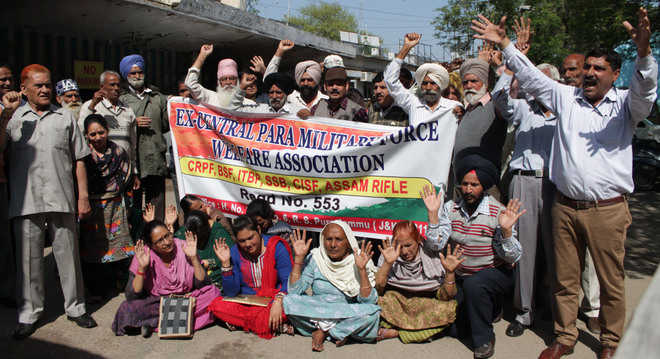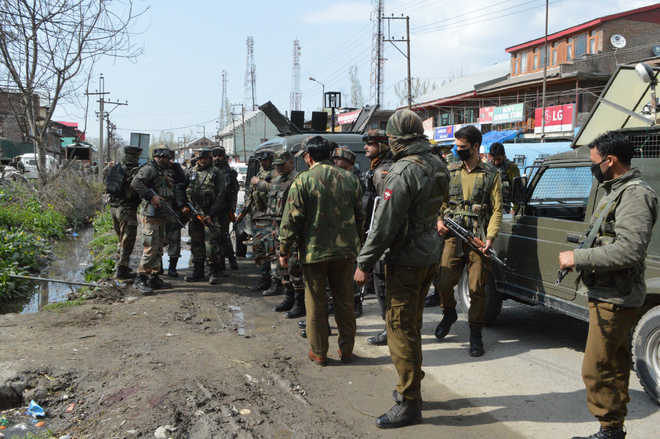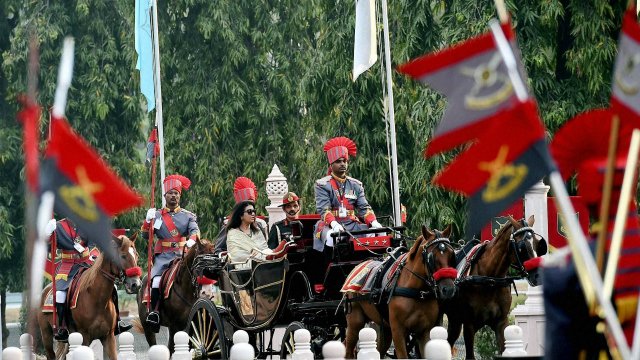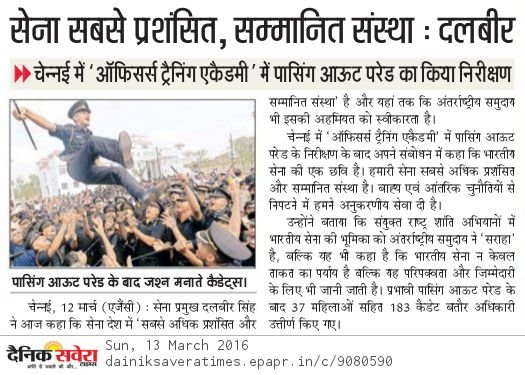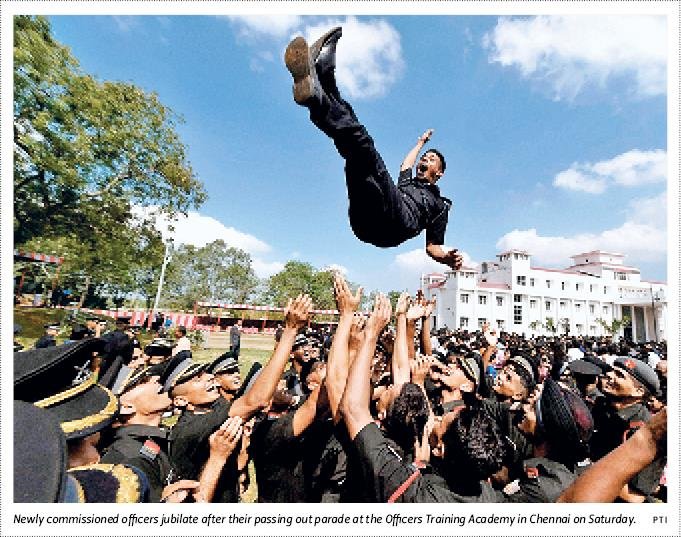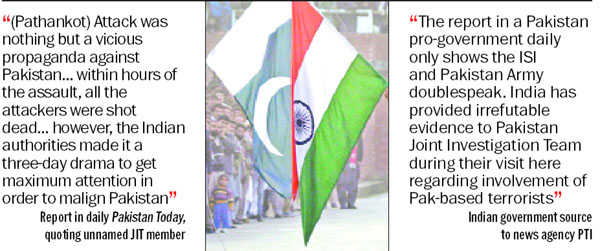
Tribune News Service
New Delhi, April 5
Prime Minister Narendra Modi came in for sharp personal criticism from the Opposition today after reports that the Joint Investigation Team (JIT) which recently visited India has ruled out Pakistan’s hand in the Pathankot terror attack, terming it a “drama staged to malign Pakistan”.While the Congress described the development as a national embarrassment and demanded an apology from the PM and BJP chief Amit Shah, Delhi Chief Minister and AAP convener Arvind Kejriwal said the invitation to JIT was a “stab in the back of Bharat Mata”.The Government played down the development, saying it was along the expected lines. “This kind of a statement was expected from Pakistan. The JIT has made this comment to turn the opinion of Pakistan people against India. The statement comes even when Pakistan terrorists aided and abetted the Pathankot attack. India and Pakistan’s relations can be improved only through dialogue at various levels and it can take years,” Parliamentary Affairs Minister M Venkaiah Naidu said.The Congress said reports on the JIT exonerating Pakistan yet again exposed the double-faced Pakistan policy of PM Modi and revealed that the PM’s “56 inch chest and anti-Pakistan rhetoric had not paid off”.“A diplomatic crime has been committed. This has caused a national embarrassment,” Congress leader Anand Sharma said.AAP demanded an apology from Modi, arguing that inviting JIT while knowing well of Pakistan’s role amounted to giving a clean chit.
Govt forms panel to fix border gaps
- New Delhi: The Government has constituted a high-level committee to suggest ways to further fortify security along the border with Pakistan and address gaps and vulnerability in fencing.Former Union Home Secretary Madhukar Gupta would be heading the committee, the Ministry of Home Affairs said in a statement.The committee has been asked to study gaps in fencing and all other vulnerabilities along the border and suggest a comprehensive approach to fix these permanently. The report has to be given in three months.The move has particularly come after terror strikes in Gurdaspur and Pathankot within six months by Pakistani terrorists. TNS



















































